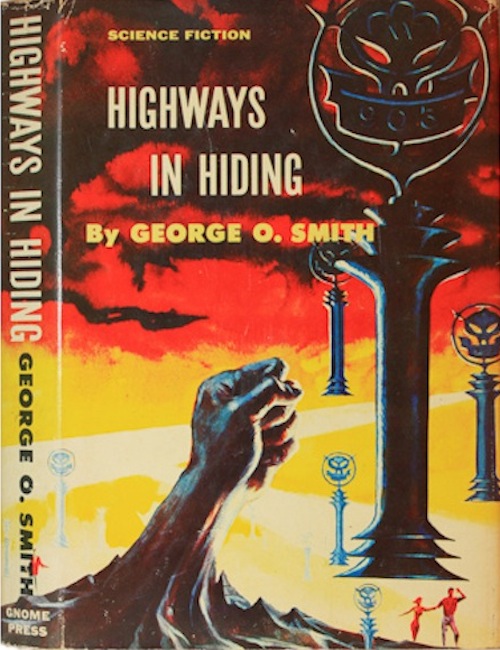
I’ve always been preoccupied with process, tracking the origin of poems along with their lineage of composition. We all have sources, subliminal and otherwise, but how do we monitor their stay in the bloodstream? We shouldn’t have to, but it’s a good idea to know who’s bruising the vein.
The trick is to be of the atmosphere while owning the environment. No one wants to borrow the same mask every night, but even if you do, the experience of wearing it makes it yours. I often return to that line of Willem de Kooning’s, “the more I’m influenced, the more original I get,” and it’s impossible to escape “I’m a derivative poet” from Robert Duncan. We all try to cover our tracks and for those who don’t, these are good reminders that trace elements of others invariably find their way through.
When I first met the poet Tom Clark he nonchalantly remarked that I should not only read Ben Jonson, John Donne, and Sir Thomas Wyatt if I wanted to sound less like Creeley but I should rewrite their poems. It hadn’t occurred to me that though my poems were particular to my own experiences, they carried quite a tertiary music with them.
The question I often contend with is how to remain primary, or how to be oneself while under the spell of something else. It’s never easy, but thankfully we all share a lineage of language lived both on and off the page. Yet what happens when that living requires a new vocabulary or we cease to locate the occasion of language? Sure, we find new ways to summon it, a modus operandi different from our ordinary courting, but the muse doesn’t always hand over the music. It’s up to us to bend the antenna and tune into someone else’s transmissions.
I use the term transmission loosely, as I do with translation, because I’m concerned with receiving frequencies in as much as the messages between. From scratch outs to cut ups, to memory or blind translations, my orientation into a poem is generally based off of its feeling and sound, the measure of its emotive counterparts scored to the cadence of reappearing vowels, their sequence in syllables, and the pitch and stress of each. In other words, I’m turned on by musicality, and that’s my trap door into translating. I have to find out where the music hides and replace it with my own.
Memory translations seem the most accessible. There’s something curiously natural about hearing a poem then later orchestrating the remix. For me, it requires a presentational immediacy, one that forces my senses to communicate in a code foreign to the alphabet. To actually be there, before the word. On the flip side, I have to rely on a visual vocabulary, one that closely resembles a photographic memory that not only brings to mind certain words but calls them back from the phrases they inherited.
Chronologically is where I find myself most. Not just line-by-line, but anywhere in a poem where you can borrow the syllabic count to set the tempo, then build from there, replacing its words and symbols with your own. Multiple voices are found in single words and I like to substitute them with synonyms or antonyms then watch how they live together. The sentences made from their conversation initiate new ones ready and open for housing. When the dialogue subsides and the architecture starts to close in on itself I know the translation has ended.
The combinations are endless. The encryptions lay guarded and the more we attend to them the further they make themselves available. Many times I begin right where I end, listening in and rewriting as I climb back through. Or I’ll tape the pages to the hall walls, circling, numbering, and collaging the whole thing into an epic poem I’ll never finish, but that’s another story.
I don’t expect the doors to open every time I show up but if I lurk outside long enough I usually get an invitation. Even if I don’t get to the bedroom at least I had a cocktail in the foyer and know where the stairs are. Stephen Jonas said it best, Exercises for Ear. Not to imitate, but to uncover the open highways hidden between lines.
Poet Micah Ballard was born in Baton Rouge, Louisiana, and earned an MA and MFA from the New College...
Read Full Biography

